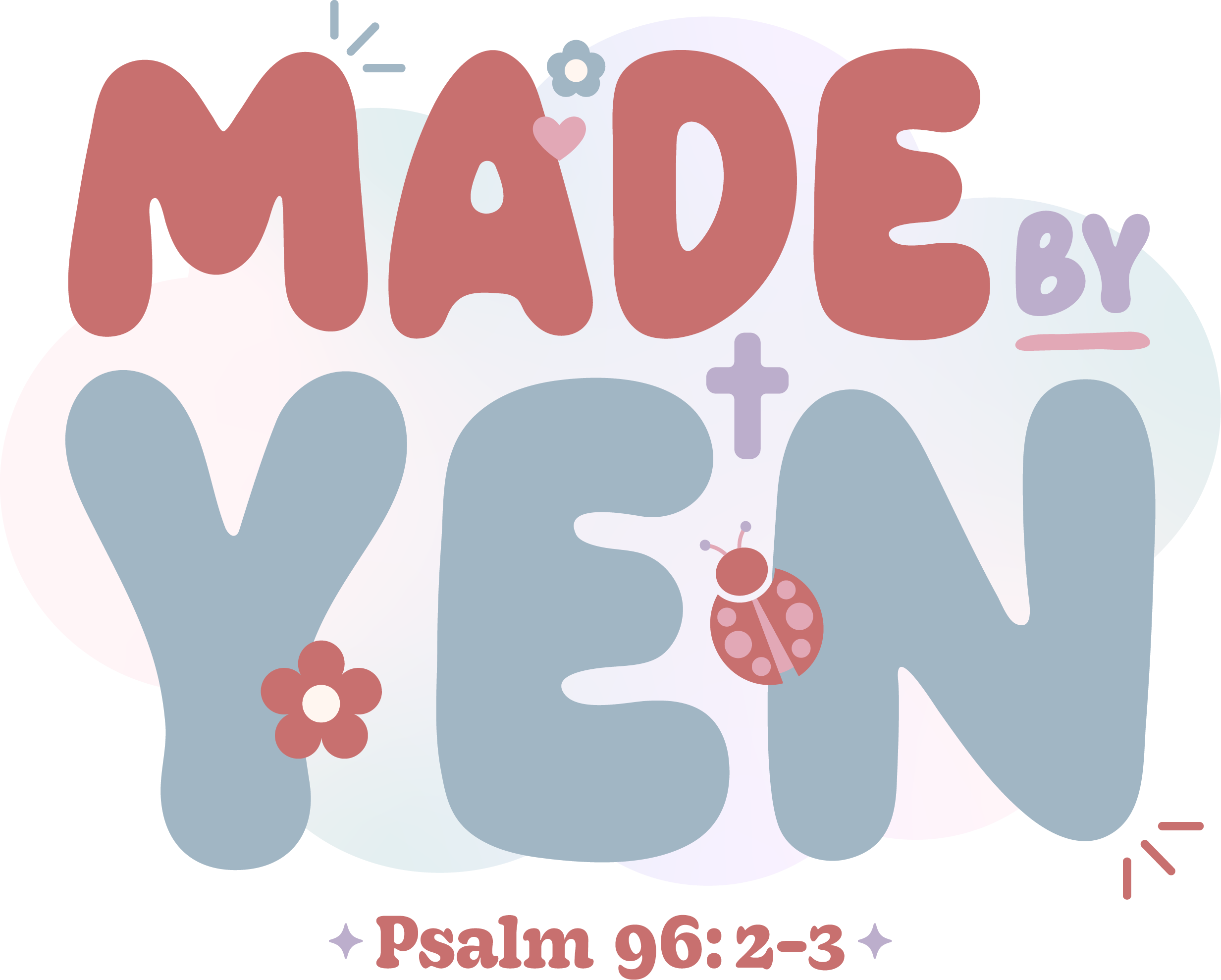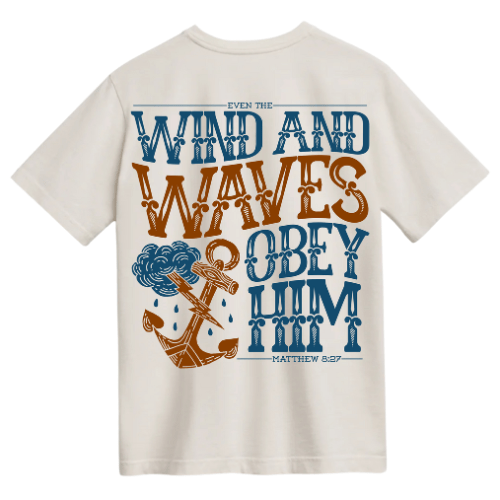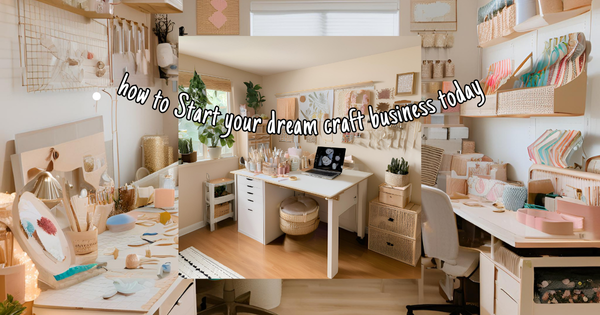Etsy vs. Your Own Website: Which is the Best Start for an Online Store? 🤔
Starting an e-commerce business can be an exciting journey, and choosing between Etsy and your own website is a crucial first step! 🎉 Etsy offers a vibrant digital marketplace with a built-in audience, perfect for online selling without the hassle of building a customer base from scratch. Its platform provides handy marketing tools and a supportive community, making it a favorite for artisans looking to start an online store with ease. On the flip side, launching your own website gives you full control over branding and customer experience, though it requires a bit more effort in attracting shoppers. In this piece, we'll dive into an e-commerce platform comparison to help you decide which route suits your budding venture best.✨
Etsy Advantages for Beginners
Built-In Customer Base
One of the standout features of the Etsy platform is its built-in customer base. For those starting an online store, this can significantly reduce the initial struggles that come with attracting buyers. Etsy attracts millions of visitors each month, all searching for unique and handmade items. This existing traffic can mean instant visibility for your products, something that can take considerable time and effort to build on your own website. By tapping into this vibrant digital marketplace, you gain access to a community already interested in what you're selling. This not only helps in boosting initial sales but also provides invaluable insights into customer preferences. Moreover, Etsy's supportive community of sellers can offer guidance and tips, further easing the journey for e-commerce business newcomers. In short, Etsy's established audience makes it an ideal starting point for artisans and small business owners eager to dive into online selling.
Marketing Tools and Support
Etsy provides a range of marketing tools that simplify the process of online selling for beginners. With features like promoted listings, social media integration, and search analytics, Etsy equips sellers to effectively reach and engage potential buyers. Promoted listings allow sellers to boost their product's visibility within the platform's search results, enhancing the chances of making a sale. The ability to easily share listings across social media platforms helps in broadening reach beyond Etsy's marketplace. Additionally, Etsy's analytics tools offer insights into how customers are interacting with your shop, which can inform marketing strategies and product offerings. Beyond tools, Etsy's supportive seller community is a valuable resource for new e-commerce entrepreneurs. Forums and online groups provide a space for sharing experiences, tips, and advice, fostering a sense of camaraderie and mutual support. This combination of practical tools and community support makes Etsy a compelling choice for those looking to start an online store with confidence.
Community and Networking
Etsy's community aspect is a significant advantage for beginners starting an e-commerce business. The platform fosters a supportive environment where sellers can connect, share experiences, and learn from one another. This community of artisans and small business owners creates opportunities for networking, collaboration, and shared growth. Sellers can participate in forums and teams, which are groups of Etsy members who join together for mutual support and to promote their shops. These interactions can lead to beneficial partnerships and collaborations that might not be possible on a standalone website. Moreover, Etsy organizes events and workshops that provide further learning and networking opportunities, helping sellers improve their online selling strategies and product offerings. This sense of belonging and support can be invaluable for new sellers as they navigate the challenges of starting an online store. Overall, Etsy's vibrant community is not only a source of support but also a catalyst for growth and innovation in the e-commerce space.
Challenges of a Personal Website
Branding and Design Control
While creating your own website offers complete control over branding and design, it also presents significant challenges. Crafting a unique brand identity requires a cohesive design that resonates with your target audience, which can be a daunting task for those without a design background. Unlike Etsy, where the platform's aesthetic guides presentation, building a personal website demands decisions on layout, color schemes, typography, and overall user experience—all critical elements that influence how potential customers perceive your brand. Furthermore, the technical aspects of web design can be time-consuming and often require learning new skills or hiring professionals, which can add to the startup costs. This level of control, while advantageous for establishing a distinct brand, can become overwhelming, especially for those just starting an online store. Balancing aesthetics with functional design is crucial, as a well-designed website not only attracts but also retains customers, encouraging repeat visits and ultimately driving the success of your e-commerce business.
Marketing and Visibility Efforts
Launching a personal website for your e-commerce business involves considerable marketing and visibility efforts. Unlike Etsy, where an existing audience visits the platform, a standalone website requires you to attract visitors from scratch. This means investing time and resources into search engine optimization (SEO), social media marketing, and possibly paid advertising. SEO involves optimizing your website's content and structure to rank higher in search engine results, which is critical for driving organic traffic. Social media platforms can be leveraged to create brand awareness and engage with potential customers, but maintaining an active presence requires consistent effort. Additionally, creating compelling content, such as blog posts or videos, can help draw in visitors, but this content needs to be regularly updated to remain relevant. All these marketing efforts demand a strategic approach and can be resource-intensive, especially for newcomers to online selling. However, successfully executing these strategies can lead to a strong online presence and a loyal customer base over time.
Comparing E-commerce Platforms
Cost and Revenue Considerations
When comparing e-commerce platforms like Etsy and a personal website, cost and revenue considerations play a crucial role. Etsy charges listing fees, transaction fees, and payment processing fees, which can add up as your sales volume increases. However, these costs are offset by the platform's built-in audience and marketing tools, potentially offering quicker sales. On the other hand, launching a personal website involves upfront costs such as domain registration, hosting services, and possibly web design expenses. While these initial investments can be higher, a personal website does not impose ongoing transaction fees, allowing for potentially higher profit margins per sale. Additionally, a personal website gives you control over pricing strategies and promotional tactics, which can enhance revenue generation. Ultimately, choosing between Etsy and your own website involves weighing these financial factors against your business goals and resources. Understanding the cost structures and potential revenue streams of each platform is vital for making an informed decision about your e-commerce business strategy.
Long-Term Growth Potential
Long-term growth potential is a pivotal consideration when comparing e-commerce platforms like Etsy and a personal website. Etsy provides a ready-made audience and streamlined processes, which can lead to rapid initial sales and visibility. However, its growth potential might be limited by platform-specific restrictions, such as branding constraints and fee structures. As your business scales, these factors can impact profitability and brand identity. Conversely, a personal website offers significant long-term growth potential by allowing full control over your business's development. You can tailor the site to fit evolving brand strategies, expand product lines without restrictions, and implement innovative marketing techniques. Over time, a personal website can become a powerful asset, fostering brand loyalty and expanding your customer base. While building this potential requires more initial effort and strategic planning, the flexibility and autonomy it provides can be instrumental in achieving sustained growth for your e-commerce business. Balancing short-term gains with long-term goals is essential in choosing the right platform for your needs.
Conclusion
Ultimately, choosing between Etsy and your own website depends on your business's unique needs, objectives, and resources. Etsy offers a supportive community and immediate access to a broad customer base, making it an excellent starting point for artisans and small business owners eager to quickly get their products online. Its built-in marketing tools and active seller community provide further support to new entrepreneurs.
On the other hand, building your own website offers unparalleled control over branding, design, and customer experience. While the initial setup might require more effort and investment, the potential for long-term growth and higher profit margins can make it a worthwhile endeavor. You can tailor your site to align with your brand vision and implement strategies that suit your evolving business goals.
In conclusion, whether you choose Etsy or your own website, both platforms offer distinct advantages and challenges. Evaluate your current capabilities and future aspirations carefully to decide which platform best aligns with your vision for your e-commerce venture. Embrace the path that empowers you to successfully navigate the exciting journey of online selling! 🌟







Leave a comment
This site is protected by hCaptcha and the hCaptcha Privacy Policy and Terms of Service apply.